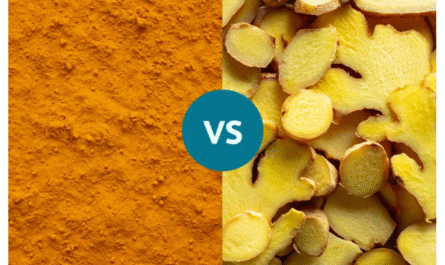Vitamin D—also known as the “sunshine vitamin”—is essential for bone strength, immune function, mood regulation, and overall well-being. A deficiency can lead to fatigue, muscle weakness, depression, and weakened immunity. Fortunately, there are quick and effective ways to increase your Vitamin D levels naturally. Here’s how you can do it fast and safely. Fastest Ways to Boost Vitamin D Levels Naturally.
1. Get More Sunlight (Safely)
The most natural and effective way to boost Vitamin D is sun exposure. When your skin is exposed to ultraviolet B (UVB) rays, it synthesizes Vitamin D.
- Best Time: Between 10 AM to 3 PM.
- How Long: 10–30 minutes, 3–4 times a week, depending on skin tone.
- Tips: Avoid sunscreen during this short exposure. Just be careful not to overdo it to prevent sunburn.
2. Eat Vitamin D-Rich Foods
While sunlight is best, certain foods can also help increase your Vitamin D intake quickly.
Top Natural Sources:
- Fatty fish like salmon, mackerel, and sardines
- Cod liver oil (a powerful booster)
- Egg yolks
- Beef liver
Fortified Foods:
- Fortified milk, orange juice, cereals, and plant-based milks
3. Take a High-Quality Vitamin D Supplement
If your levels are very low, supplements can be the fastest and most reliable method.
- Look for: Vitamin D3 (cholecalciferol), which is more effective than D2.
- Dosage: Always consult a doctor, but 2000–5000 IU daily is common for deficiency correction.
4. Use UV Lamps or Light Therapy
For people with limited sun exposure—especially in winter—UVB light therapy can be effective.
- UVB lamps simulate sunlight to trigger Vitamin D production.
- Make sure the lamp is FDA-approved and used as directed.
5. Combine with Healthy Fats
Vitamin D is fat-soluble, which means it’s best absorbed when eaten with fat.
- Add olive oil, avocado, nuts, or coconut oil to your meals.
- This is especially important if you’re consuming Vitamin D-rich or fortified foods.
6. Maintain a Healthy Weight
Excess body fat can store Vitamin D and make it less available to your body. Losing weight through a healthy diet and regular exercise can help normalize Vitamin D levels more effectively.
7. Limit Processed Foods and Alcohol
A poor diet and heavy alcohol use can impair liver function, which is essential for Vitamin D metabolism. Choose whole, nutrient-rich foods to support your body’s ability to process and use Vitamin D.
Final Thoughts
Vitamin D deficiency is surprisingly common—but with the right approach, you can increase your levels quickly and naturally. Sunlight remains the top method, but combining it with the right diet, supplements, and lifestyle habits ensures a powerful and safe boost.
Tip: If you suspect a deficiency, consider getting a simple blood test to measure your 25(OH)D levels and create a tailored plan.



